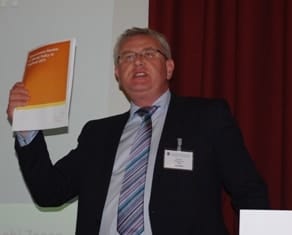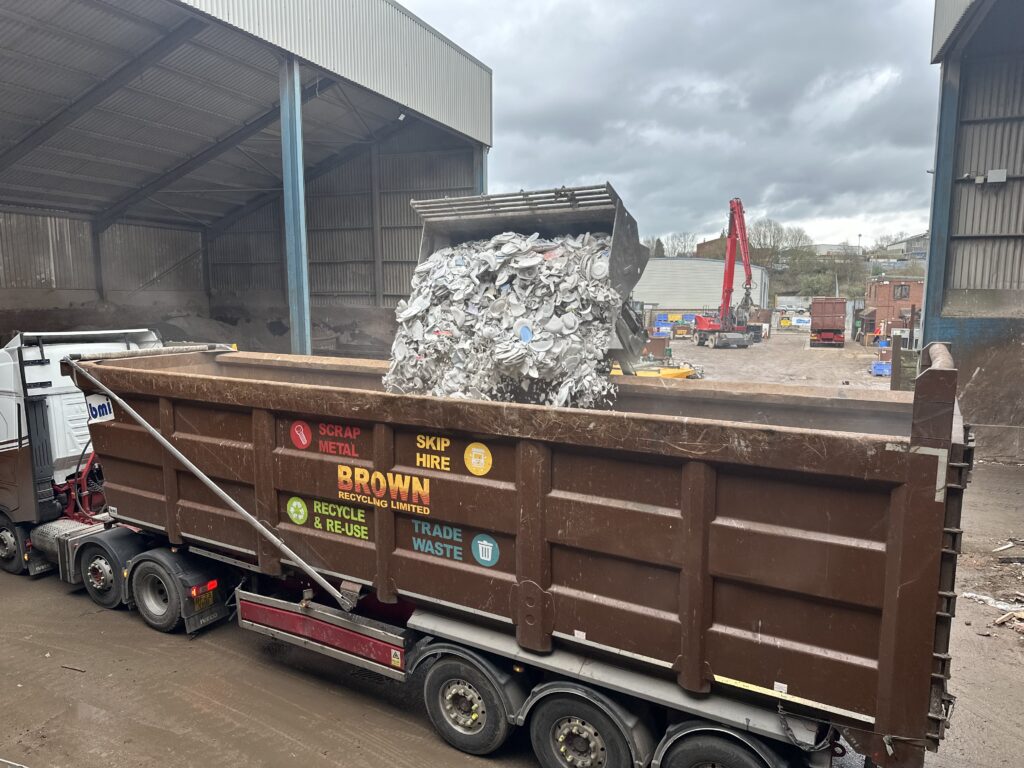The waste industry would need up to five years notice in order to prepare for the introduction of landfill bans, the chief executive of the Chartered Institution of Wastes Management (CIWM) has suggested.
Giving evidence in front of an Environmental Audit Committee hearing in London today (June 11), Steve Lee said his organisation was not opposed to a ban on sending recyclable materials to landfill, but the sector would need sufficient lead time to prepare.

The estimation follows the leak of draft proposals for the European Commissions much anticipated circular economy package last week, which suggested a landfill ban on all recyclable waste is planned for 2025, and is likely to be extended to cover all recoverable municipal waste by 2030 (see letsrecycle.com story).
Mr Lee made his comments during the third public evidence hearing on the Committees Growing a circular economy inquiry, which was chaired by Joan Walley MP for Stoke-on-Trent North.
Spending
The inquiry, which is trying to establish possible ways to de-couple economic growth from natural resource use, is particularly focused on what councils can do to boost recycling and cut expenditure.
Mr Lee said: We are not opposed to landfill bans, and we think this is going to be the decision of travel for the EU. However, they would need to make clear they would be measured and enforced. We would need a timetable to know when the measures would be put into place.

‘We are not opposed to landfill bans, and we think this is going to be the decision of travel for the EU. However, they would need to make clear they would be measured and enforced.’
Steve Lee, CIWM
But, also speaking on the panel, Eunomia chairman Dominic Hogg said landfill bans were not the right instrument to improve recycling given the rapid increase in landfill diversion rates.
Data
He added there should also be more emphasis on gathering commercial and industrial and construction and demolition waste data, which in turn would encourage investment in the sector.
He said: I am personally disappointed that the Electronic Duty of Care is voluntary and not mandatory. I think we have gone backwards after the recent decision to allow invoices to be used as waste transfer notes, which dilutes the information thats there.
I think we need a system which tracks the movement of waste. If we want to make changes to the circular economy we need to know where our materials are, and if not its going to be more difficult to investment in anything.
‘Ambition’
Councillor Clyde Loakes, environment and housing board vice chairman of the Local Government Association, called for more ambition in Europe, arguing that England should be seen as a leader and not a reluctant follower.
Asked how local authorities could help bridge the gap in funding for waste services, councillor Loakes agreed with the panel that more joint procurements for collection services or joint reuse programmes were need.
Related Links
He said: We have a number of disposal waste authorities already but I think we need to encourage more voluntary waste partnerships. Its sometimes expensive to come out of old models but we need to create that landscape. Kent demonstrates how it can work and how we can use a softer approach to sharing services before pushing on to larger procurements.











Subscribe for free